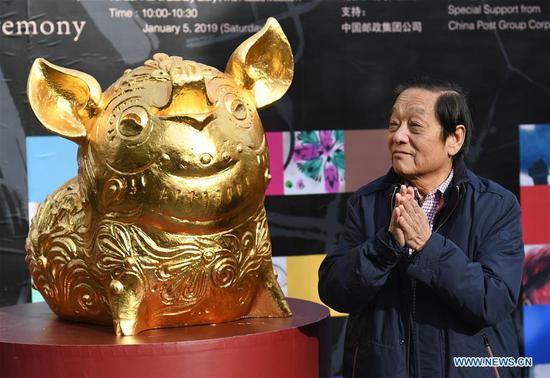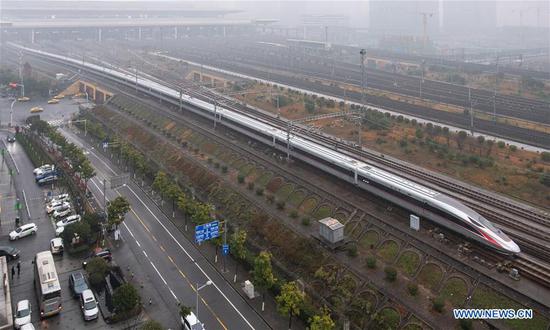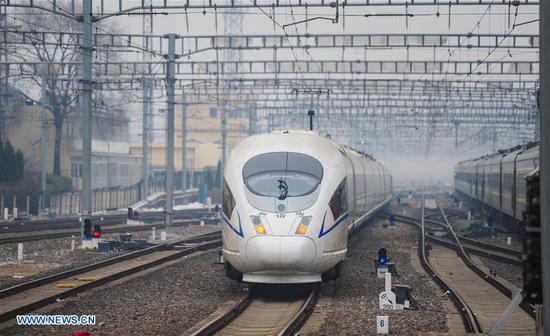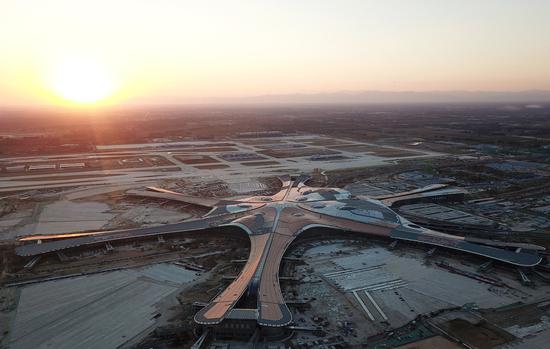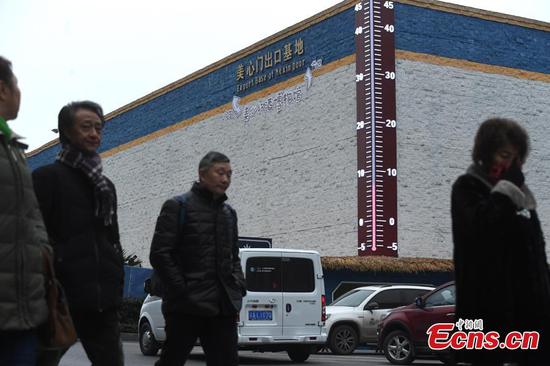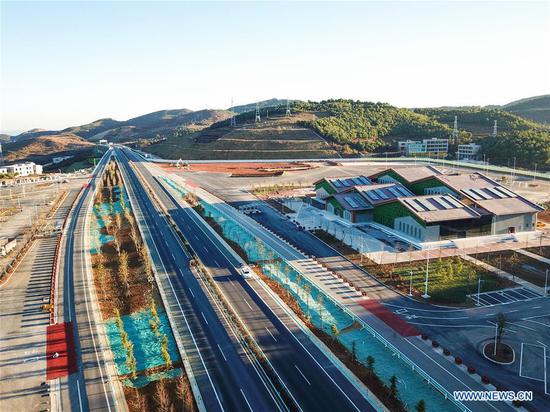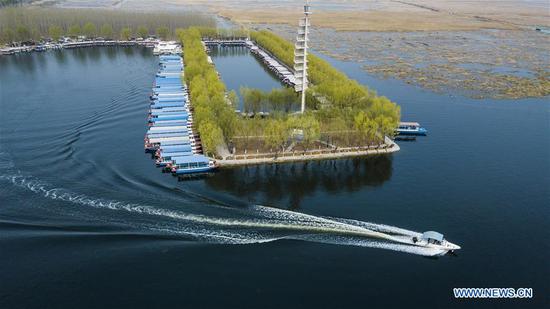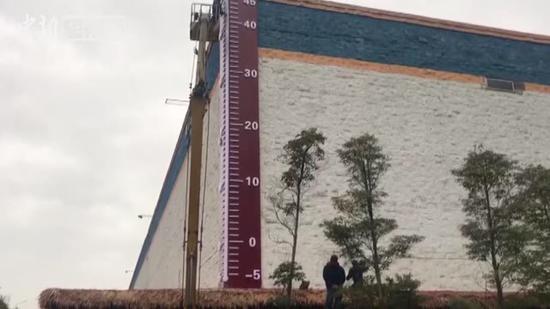
General Motors is one of the first carmakers to develop the V2X technology in China. (Photo by Hao Qing/for China Daily)
In terms of infrastructure, China will make Long-Term-Evolution-V2X wireless communication technology, which is also known as the 4G-V2X, available on some expressways and urban roads, and start to deploy demonstration projects involving the 5G-V2X technology.
In addition to its own efforts, the country would like to conduct international cooperation and exchanges in terms of smart and connected vehicles.
The ministry said in the action plan that globally leading companies are welcome to build manufacturing as well as research and development facilities in China, and Chinese ones are encouraged to make inroads into the global market. Many carmakers are busy exploring connectivity and autonomous driving vehicles.
General Motors is one of the first carmakers to develop the V2X technology in China.
Together with Tsinghua University and China's Changan Automobile, it helped compile the country's first standard designed for the application layer, which was released in 2017.
In the same year, the US carmaker demonstrated its vehicle-to-infrastructure capabilities on public roads in Shanghai, showing the vehicle was able to receive real-time data from traffic lights and thus help drivers control their speed while cutting congestion.
Audi has been testing smart and connected vehicles in China with Huawei Technologies and China Mobile.
At the World Internet of Things Exposition held in September 2018, it demonstrated a number of V2X functions in Wuxi, Jiangsu province, on its vehicles, which could adapt its speed or activate the warning light system in a hazardous situation based on the traffic lights and road users' behaviors.
"Car-to-car and car-to-infrastructure functions expand the technological base, enabling us to offer autonomous driving in China in the future," said Alexander Pesch, head of automated driving at Audi China.
Audi is also the first and only international carmaker to obtain licenses to test autonomous driving in two Chinese cities: Wuxi and Beijing.
Late last year, Chinese carmaker Changan announced that all its models produced from 2020 will have connectivity features, and Level 4 autonomous driving will become available around 2025.















